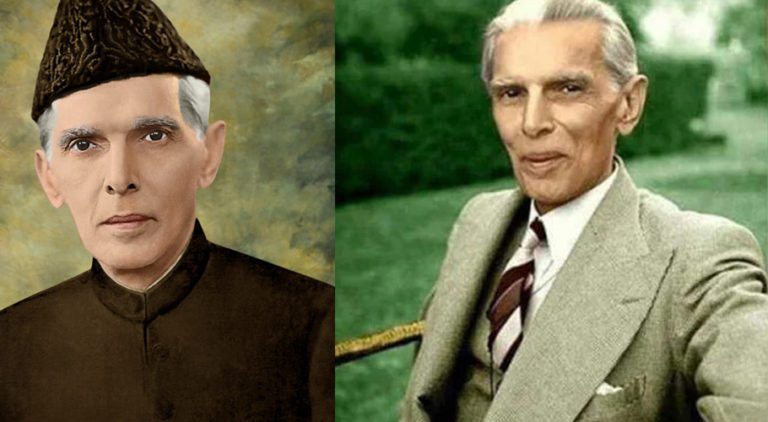December 25 is celebrated as the birthday of Quaid-e-Azam Muhammad Ali Jinnah. The study of Pakistan Studies is compulsory at every level of education which must include an article on the life of the founder of the nation Quaid-e-Azam. So we all know who Jinnah was and why did he sacrifice his life for the independence movement of Pakistan?
The question is, what are the lessons to be learned from the life of the founder of Pakistan? Because the parents and elders of the present young generation of Pakistan have been telling them that if we had learned anything from the life of Quaid-e-Azam, Pakistan would be in a different place today. Let us try to learn the lesson from the life of the fathers of the nation.
The life and politics of Quaid-e-Azam
Muhammad Ali Jinnah, who was born in Karachi on December 25, 1875, became known as Quaid-e-Azam in the next century. His life story begins with the two-nation theory and ends with the independence of Pakistan.
Quaid-e-Azam, who made principled his motto during his law practice, sought Hindu-Muslim unity in the early days of his politics. Jinnah also played an important role in the Lucknow Pact between the Congress and the Muslim League in 1916. The 14 points of Quaid-e-Azam in 1928 are still a beacon for us today.
Two nation ideology and the Pakistan resolution
Quaid-e-Azam soon realized that Hindus and Muslims were two separate nations that could not be one. In 1920, he resigned from the Indian National Congress. With the passage of the Pakistan Resolution in 1940, the Hindu leadership became concerned.
The dream of a separate homeland for Muslims also forced them to focus on the freedom struggle instead of sleeping at night. For a united India, the Congress leaders did their best but none of them stood up to Jinnah.
Establishment of Pakistan and departure
Pakistan emerged as the largest Muslim country on the world map and Quaid-e-Azam became the first Governor-General of the country and took care of millions of people who migrated to Pakistan.
Quaid-e-Azam Muhammad Ali Jinnah passed away on September 11, 1948. The nation has not been able to cope with the shock of his death, but even today, countless incidents of his life can be a beacon for the Pakistani nation.
Lessons learned from the life of Jinnah
Today the nation is in dire need of the ideas of the Founder of Pakistan which include truth-telling, principledness, integrity, leadership skills, honesty and political acumen. One day the British ambassador said to Quaid-e-Azam that the brother of the British king was arriving at the airport and you go to the airport to pick them up.
Jinnah replied he is ready to receive him but there is a condition. If my brother goes to Britain in the future, your King George will arrive at the airport to pick him up.
You [Quaid-e-Azam) strongly opposed to the recommendation, nepotism and unprincipledness and absolutely did not like anyone to use his name. Once an employee gave a visiting card to Quaid-e-Azam of his brother, which he tore up.
In another example, when the train ticket of Jinnah was left with his employee, the ticket examiner demanded a bribe of Rs. 2 from the founder of the nation. Hearing this, the Jinnah got angry and said, “You have violated the law by asking me for a bribe.” I have also been insulted. You also punished the examiner.
Biggest lesson from Quaid’s life
Unity, Faith, and Discipline are the three main lessons from Jinnah’s life, which should be adopted by the Pakistani nation.



































